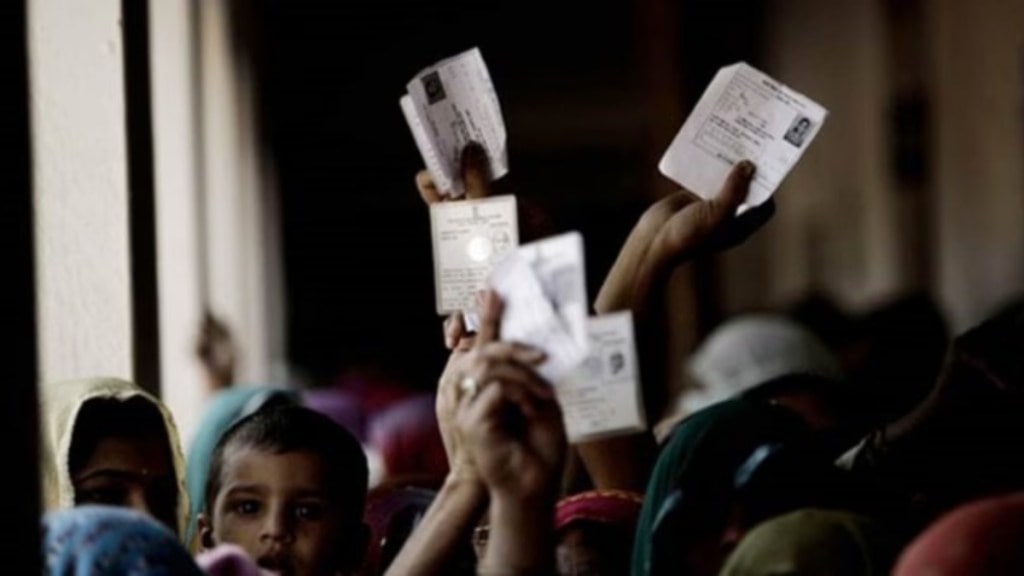Several opposition parties have criticised the Union Cabinet’s approval of the ‘One Nation, One Election’ proposal, which aims to conduct simultaneous elections for the Lok Sabha and state assemblies. They labelled the initiative a “political stunt” and argued it would ultimately fail. The approval followed the submission of a report by a high-level committee led by former President Ram Nath Kovind.
Congress Criticism
The Congress party, one of the leading critics, voiced strong opposition to the proposal. Congress President Mallikarjun Kharge deemed it “impractical” and accused the Bharatiya Janata Party (BJP) of using such distractions during election periods. He argued, “When elections come and they are not getting any issues to raise, they divert attention from real issues.”
In a post in Hindi on X, Kharge said “One nation, one election” is just BJP tactics to divert attention. “This is against the Constitution, this is contrary to democracy, this is against federalism. The country will never accept this,” he said.
Senior Congress leaders TS Singhdeo and Harish Rawat also expressed scepticism. Singhdeo questioned the government’s commitment to the proposal, citing that simultaneous elections had not been held in several states like Jammu and Kashmir, Haryana, and Maharashtra. Rawat suggested that the BJP was resorting to this measure due to fears of losing upcoming state elections.
TMC Terms it a ‘Cheap Stunt’
Trinamool Congress (TMC) MP Derek O’Brien labelled the proposal “another cheap stunt” from the BJP, accusing the party of not being able to manage elections in just three states but advocating for nationwide simultaneous polls. He also questioned the timing of Maharashtra elections, linking it to the state’s “Ladki Bahin” scheme, which benefits women, suggesting it was a factor in delaying polls.
AIMIM’s Opposition: Federalism at Risk
AIMIM leader Asaduddin Owaisi reiterated his long-standing opposition to the concept, arguing it undermines federalism and compromises democratic processes. He maintained that multiple elections enhance democratic accountability and criticized the BJP for promoting simultaneous polls simply because of their need for continuous campaigning.
Kovind Panel Report: Key Recommendations
The ‘One Nation, One Election’ proposal was based on a report by the Kovind-led high-level committee. The report recommended:
- Simultaneous elections for the Lok Sabha and state assemblies, followed by synchronizing local body polls within 100 days.
- The creation of a common electoral roll and single voter ID cards.
- Establishment of an ‘Implementation Group’ to oversee execution.
Constitutional Amendments and Challenges
Implementing simultaneous elections will require significant constitutional amendments. While most amendments may not need state ratification, certain changes like a unified electoral roll and voter ID system will require approval from at least half of the states. The Law Commission is also expected to release its own report on the issue, recommending simultaneous elections for all three tiers of government starting from 2029.
Historical Context and Logistical Challenges
Simultaneous elections were held in India between 1951 and 1967, but over time, elections became staggered due to mid-term polls and other factors. Implementing the proposal will involve adjusting election schedules by either advancing or delaying elections in several states.
The terms of various state assemblies, including Odisha, Andhra Pradesh, and Arunachal Pradesh, along with the Lok Sabha, are scheduled to end in 2029, making it a potential starting point for implementing the simultaneous poll plan. However, opposition leaders argue that such a move risks undermining democratic processes and federalism.

